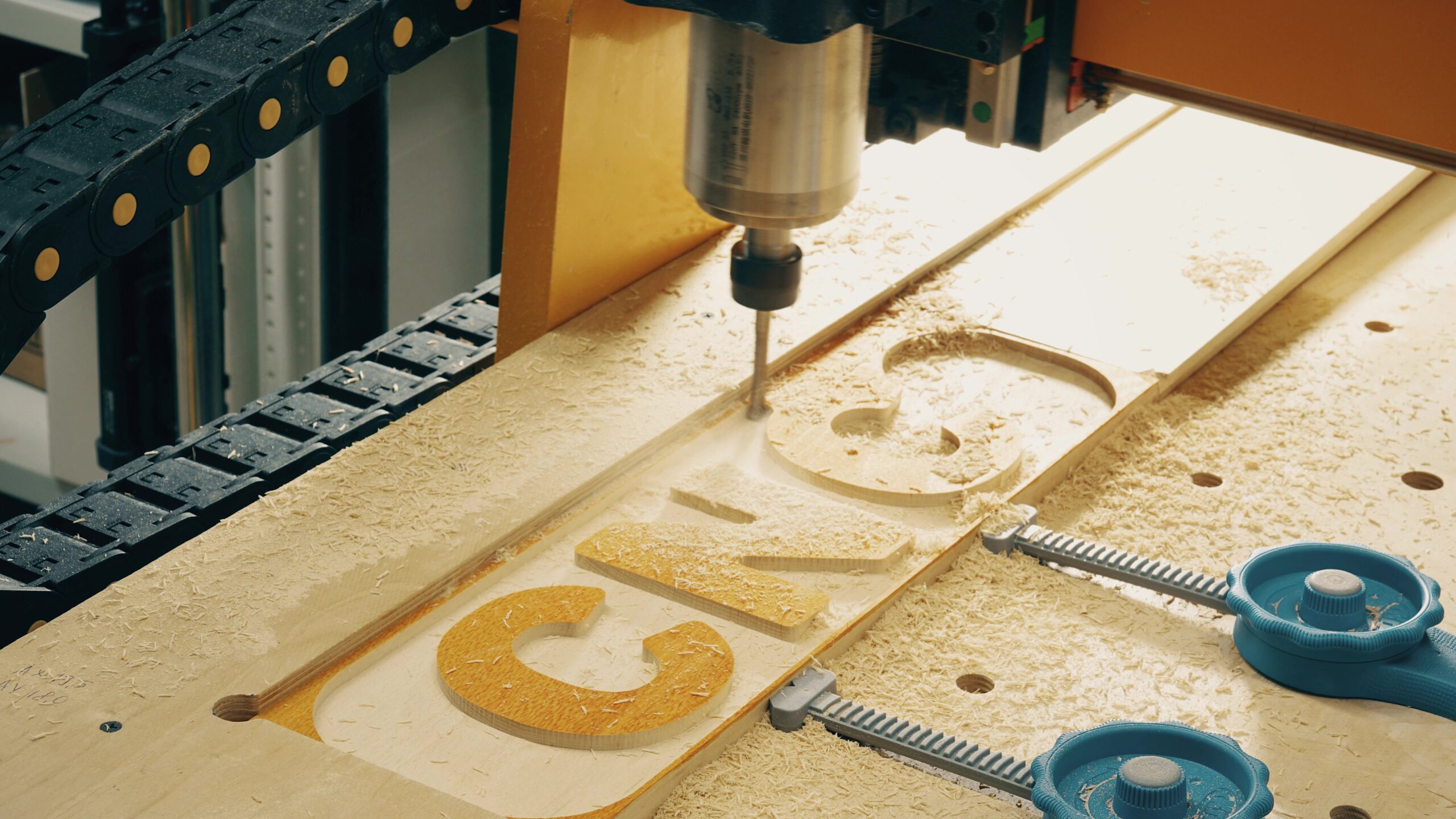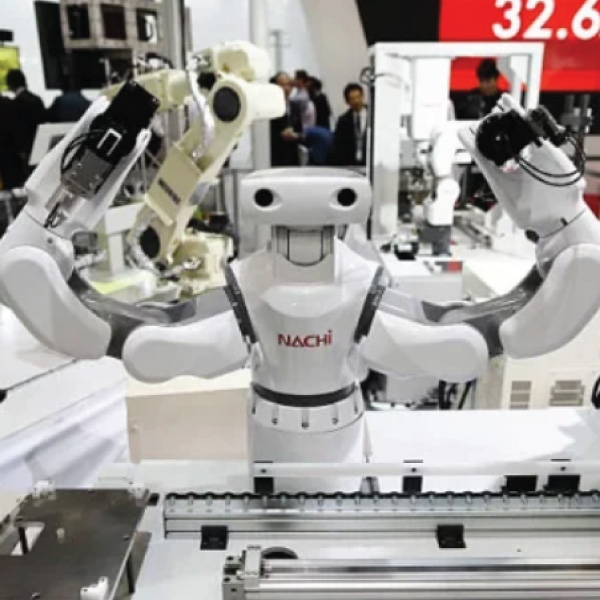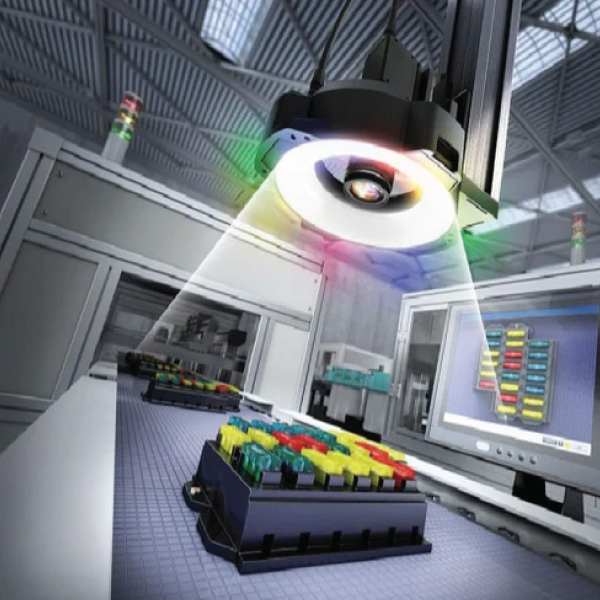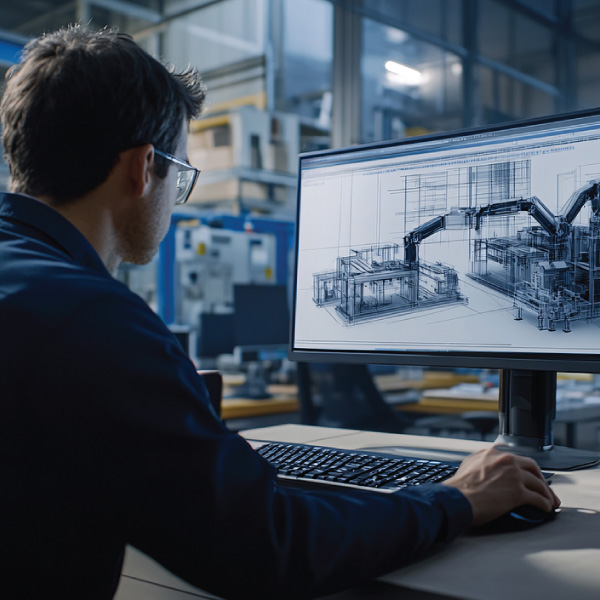Computer Numerical Control (CNC) technology has emerged as a cornerstone of modern manufacturing, revolutionizing how industries produce complex and precise components. This sophisticated technology grants manufacturers control over machining processes, improving efficiency, accuracy, and repeatability. In this article, we delve into the basics of CNC, its manufacturing capabilities, and explore cutting-edge solutions driving the CNC industry forward.



What is CNC?
CNC, short for Computer Numerical Control, refers to a manufacturing process that uses pre-programmed computer software to control the movement of machines and tools. This technology replaces manual control with automatic precision, enabling the creation of complex and intricate parts with extraordinary accuracy. CNC machines are widely used across various industries, including aerospace, automotive, medical, and electronics, due to their ability to handle a wide variety of materials such as metals, plastics, and composites.
The Production Capabilities of CNC Machines
- Precision Machining:
- Versatility:
- Efficiency and Speed:
- Complex Geometries:
- Prototype and Small Batch Production:
What Solutions Drive the Progress of the CNC Industry?
- Advanced Software Integration: Modern CNC machines are equipped with sophisticated software that enables seamless communication between design and production. CAD/CAM software facilitates the creation of complex designs and converts them into precise toolpaths, optimizing the production process.
- Real-time Monitoring and Analysis: The integration of real-time monitoring systems allows manufacturers to track machine performance, identify potential problems, and optimize production schedules. Analytics tools provide valuable insights, enabling data-driven decision-making to enhance overall efficiency.
- Artificial Intelligence (AI) and Machine Learning: AI and machine learning are increasingly integrated into CNC systems, enabling predictive maintenance, adaptive machining, and improved process optimization. These technologies empower CNC machines to continuously enhance their performance based on past experiences and data analysis.
- Additive Manufacturing and Hybrid Solutions: The convergence of CNC with additive manufacturing processes, such as 3D printing, opens new possibilities for creating complex structures and hybrid components. This integration enhances the overall flexibility of CNC technology.
How Do Robots and Cobots Fit into the CNC Industry?
Robots and cobots (collaborative robots) play significant roles in the CNC industry, enhancing efficiency, accuracy, and safety. Here’s how they fit into the CNC landscape:
- Automation of Repetitive Tasks:
– Robots: Industrial robots can be programmed to perform repetitive tasks such as handling materials, loading and unloading workpieces, and changing tools. This reduces manual labor, increases productivity, and maintains consistent quality.
– Cobots: Collaborative robots designed to work alongside humans. They can perform similar repetitive tasks, but their sensors and programming allow them to operate safely in close proximity to human workers without the need for safety barriers.
- Precision Machining:
– Robots: High-precision robots equipped with advanced sensors can be used for complex machining operations, ensuring accuracy and repeatability. They are particularly useful in applications requiring tight tolerances.
– Cobots: While cobots may not match the precision of specialized industrial robots, they can assist in less complex machining tasks or support human workers in precise operations.
- Increased Production Speed:
– Robots: Robots can operate at consistent speeds without fatigue, leading to increased production rates. They can work 24/7, contributing to a more efficient production process.
– Cobots: Cobots can be programmed to work at optimal speeds, matching the pace of human workers. They help speed up certain tasks without compromising safety.
- Handling Heavy Loads:
– Robots: Industrial robots can handle heavy workpieces and tools, reducing the physical burden on human workers and enabling the machining of larger and heavier materials.
– Cobots: Some cobots are designed with higher payload capacities, allowing them to assist with heavier tasks, improving overall efficiency and productivity.
- Flexibility and Adaptability:
– Robots: Industrial robots can be reprogrammed and reconfigured for different tasks, offering flexibility in manufacturing processes. This adaptability is especially important in environments with changing production requirements.
– Cobots: Cobots are known for their ease of programming and rapid deployment. They can be easily reassigned to different tasks, making them suitable for small batch production and frequent task changes.
- Improved Safety:
– Cobots: Cobots can work safely alongside human workers, equipped with sensors and safety features that allow them to detect and respond to human presence, reducing the risk of accidents.
- Skill Augmentation:
– Cobots: Cobots can enhance the skills of human workers by handling repetitive or physically demanding tasks, allowing human operators to focus on more complex and skilled aspects of CNC operations, such as programming, quality control, and troubleshooting.
The CNC industry continues to evolve, driven by innovations that enhance accuracy, efficiency, and flexibility. As technology advances, the synergy of CNC with software, AI, and additive manufacturing will shape the future of precision manufacturing. Manufacturers embracing these advances are poised to gain a competitive edge, producing high-quality components with unprecedented precision and speed. The CNC industry’s journey towards excellence is marked by a commitment to pushing boundaries, ultimately reshaping the modern manufacturing landscape.
At Yeruham Automation, you can find a wide selection of robotics and cobot solutions suitable for the CNC industry from world-leading manufacturers such as Nachi, Kassow Robots, and Hans.




